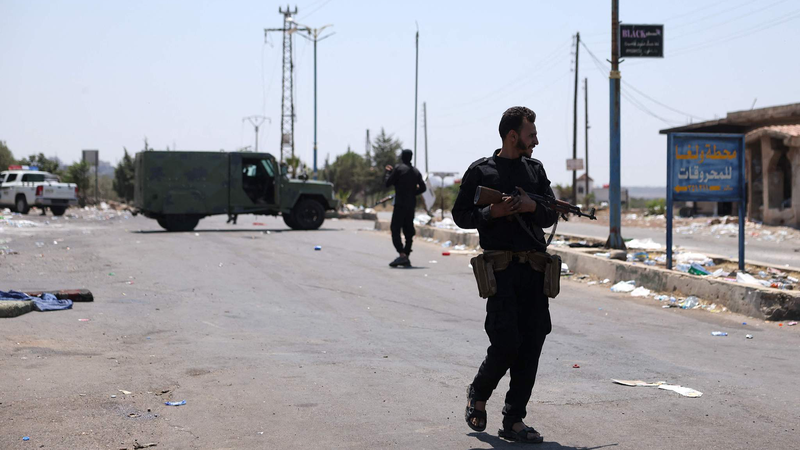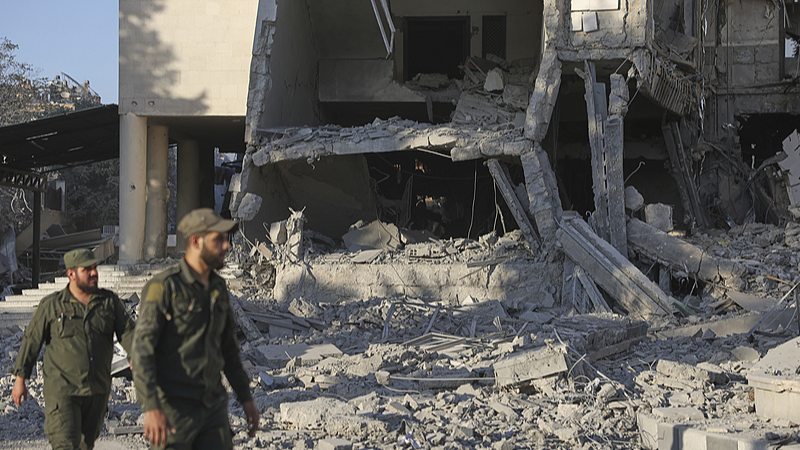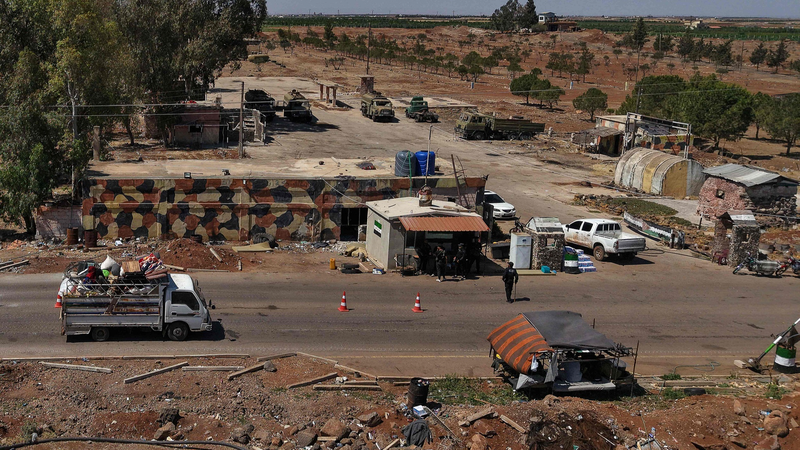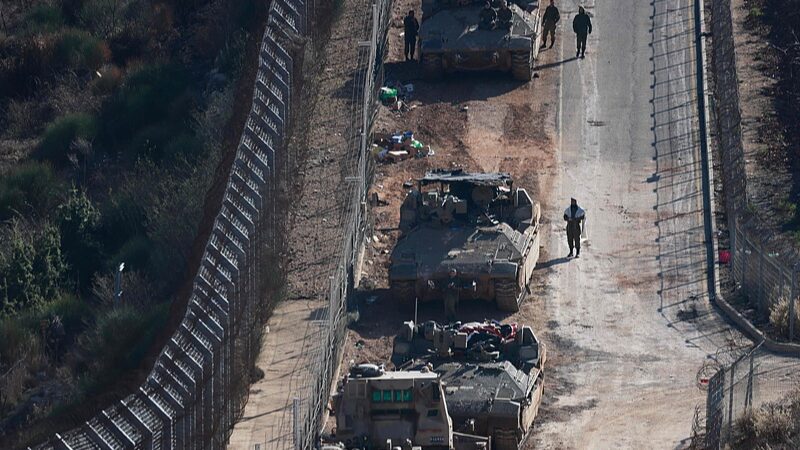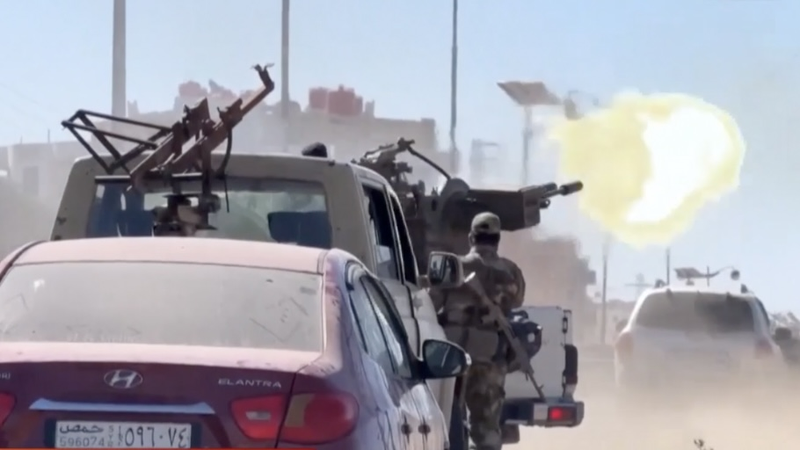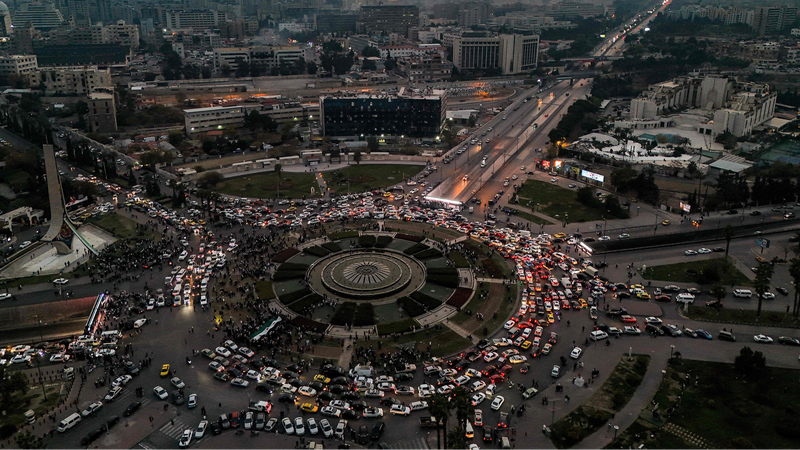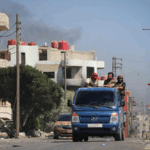A U.S.-backed ceasefire in southern Syria's Sweida province has brought tentative stability after eight days of deadly clashes between Druze fighters and Bedouin tribal militants, though the agreement has sparked mass displacement and raised concerns about lasting peace.
Over 2,000 Arab Sunni Bedouin families fled to neighboring Daraa province during the violence, according to Syrian social affairs authorities, with many reporting forced evacuations and fears of sectarian retaliation. The Syrian Observatory for Human Rights confirmed 1,120 fatalities during the July 13-20 fighting, including 194 victims of extrajudicial killings.
"They took us out with nothing – no money, no belongings," a displaced resident from Shahba city told Xinhua, describing harrowing evacuations under the ceasefire terms. The agreement mandates withdrawal of armed groups from Sweida and establishes a UN-led investigation into the violence.
While the truce enables humanitarian aid deliveries and future prisoner exchanges, human rights advocates warn the displacement pattern risks creating lasting demographic changes. Observatory director Rami Abdulrahman called for full transparency from Damascus regarding the agreement's terms.
As displaced families shelter in Daraa villages, questions linger about safe return protocols and whether fragile sectarian balances can withstand ongoing tensions. The international community watches closely as Sweida's calm faces its first critical test.
Reference(s):
Ceasefire holds in Syria's Sweida, 2,000 Bedouin families displaced
cgtn.com
